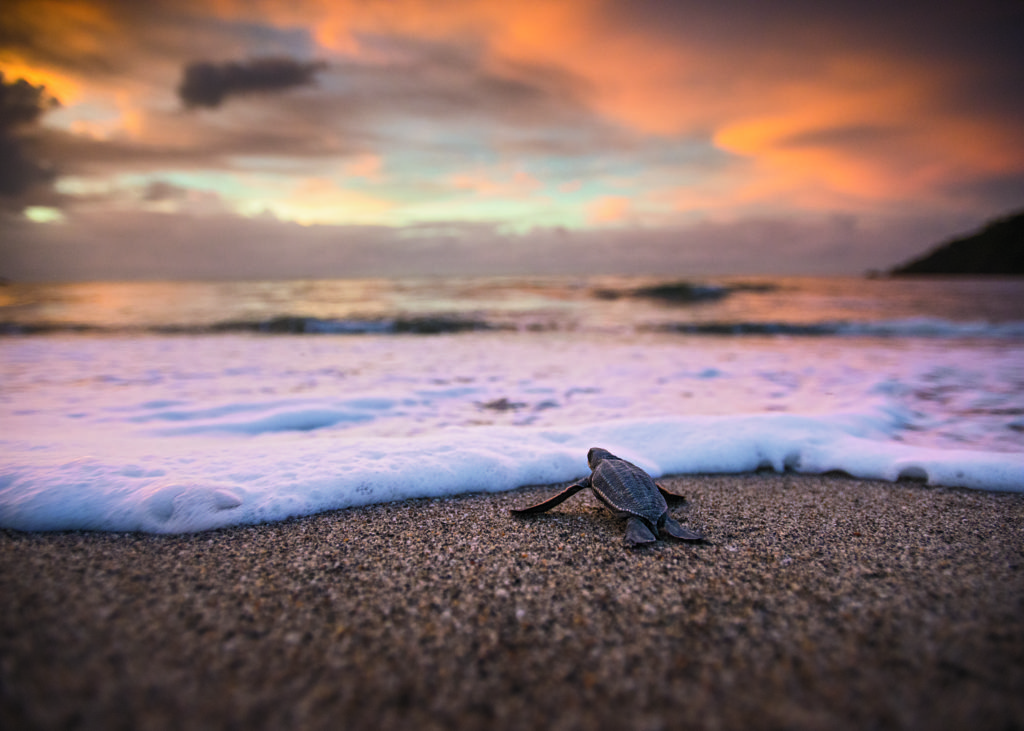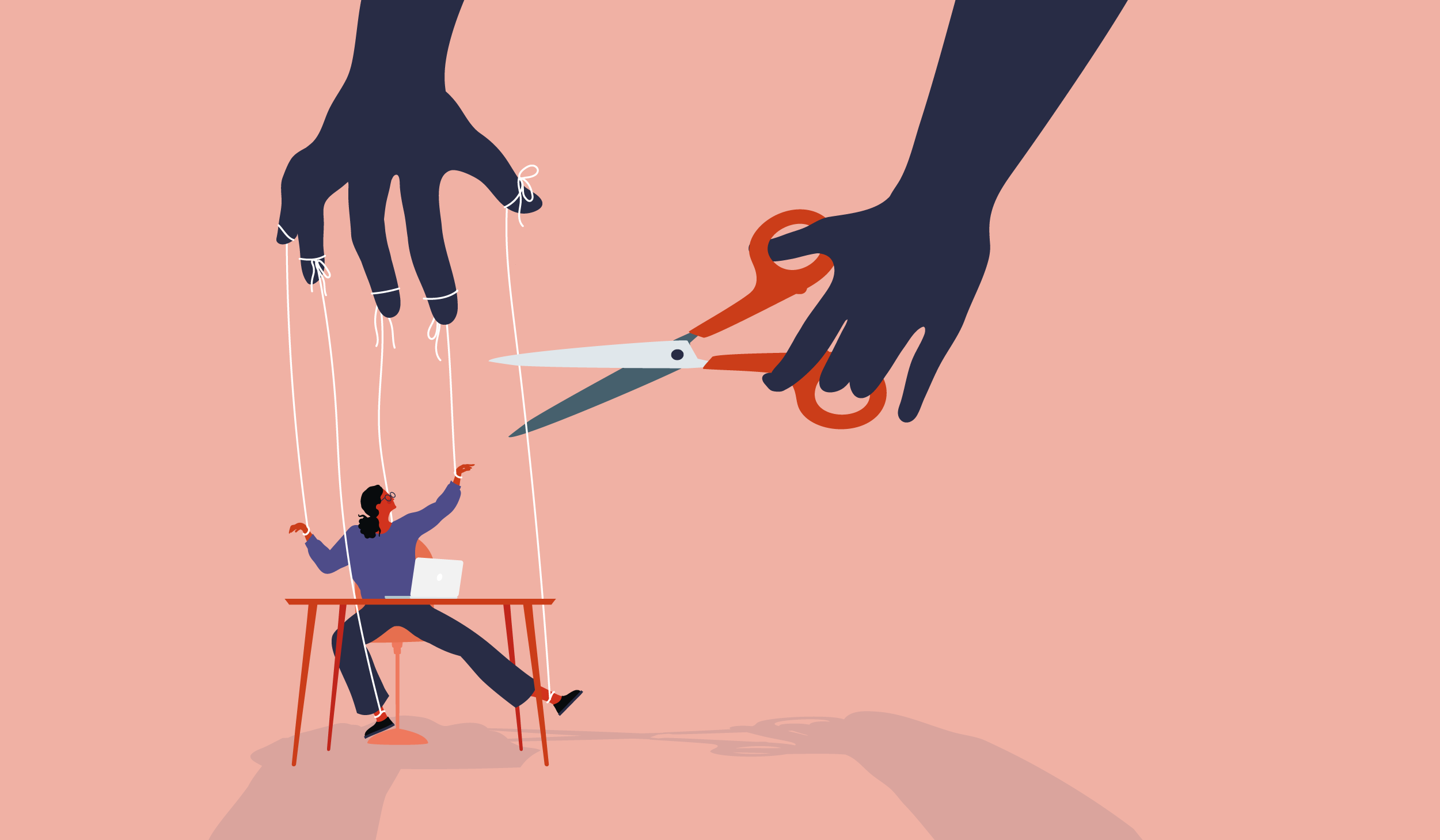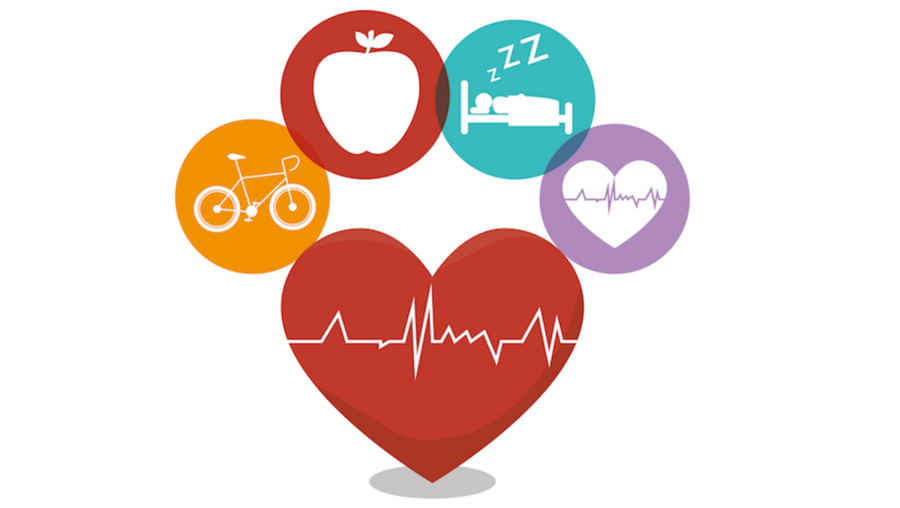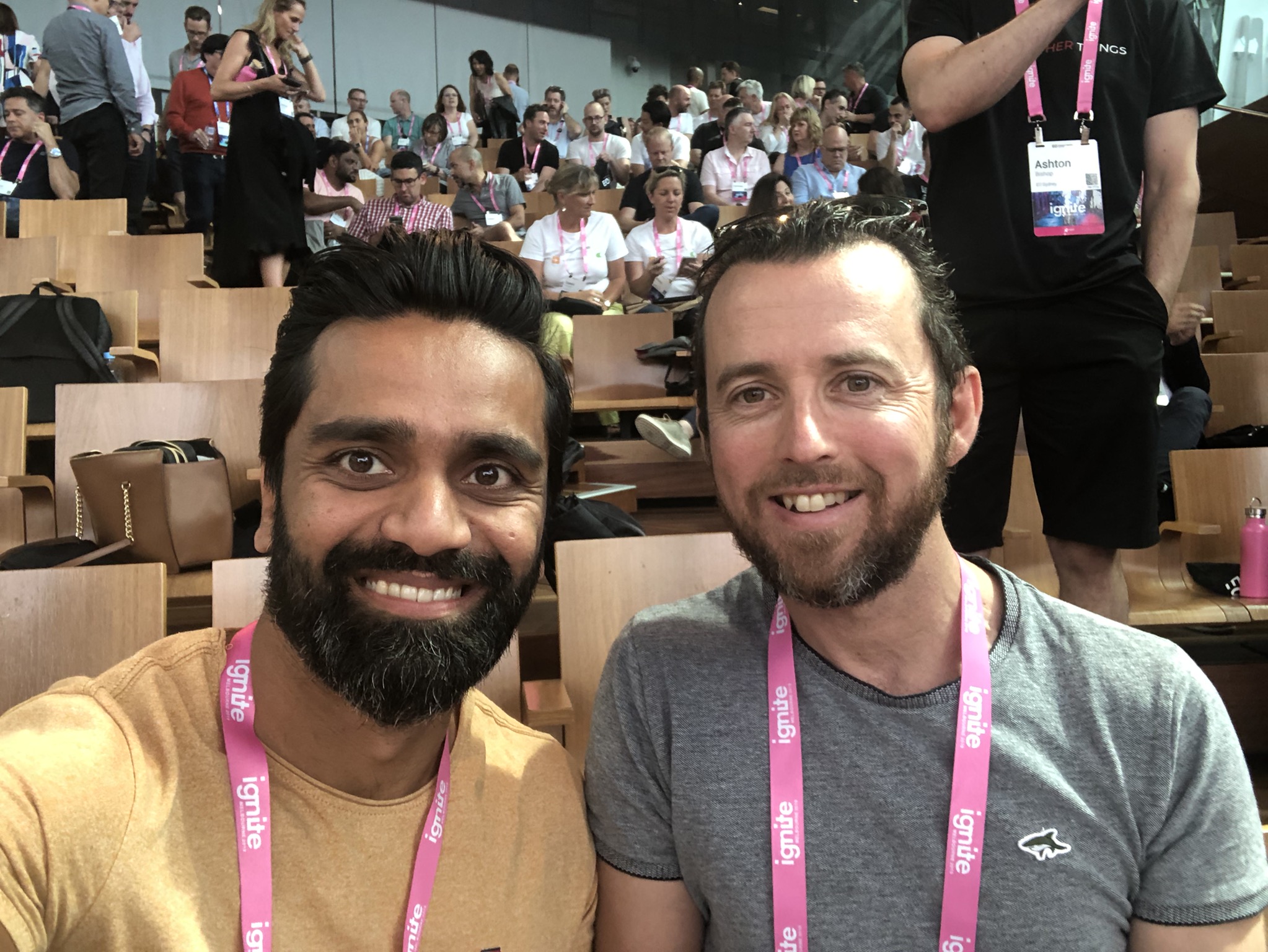
Dale Carnegie was most known for his work in ‘How to Make Friends and Influence People’ which sold millions of copies worldwide. Dale wrote another book that I thought was a masterpiece to read during what the world is going through right now. ‘How to Stop Worrying and Start Living’ was another one for the ‘read every year’ pile. In the book he lists countless examples to calm the mind during one’s worries, but the one that struck me the most was to worry about what you can control and let go of the things you cannot. Using this mantra has made my decision making far simpler and clear cut when I’m experiencing any stress and/or anxiety. Although Dale Carnegie didn’t experience the Coronavirus, he did live through the Spanish flu pandemic in 1918 which killed 50 million people (arguably worse than the Coronavirus).
As I walk through empty aisles in supermarkets, see the streets of Barcelona with nothing but pigeons, Mumbai railway stations with nothing but emptiness; I realise the times we are going through right now are once in a lifetime (perhaps even two lifetimes). This is serious. Humanity is scared. This is something that will be talked about for generations to come and human life will never be the same again.
No matter how tough life gets, we will survive. Cities will be rebuilt, companies will be rebuilt, economies will be rebuilt. We just have to work together. We have to come together to help, protect, and learn from each other. Togetherness will fix every single thing on this planet. It is true that our fight or flight responses bring out the worst in us, but this is the exact behaviour we have to avoid.
I have always believed that thought alone is enough to change the world. To stay positive in the conversations we have with ourselves is the key to a happy and calm mental being. As we prepare for the worst phase of the pandemic our true purpose in life will be tested. Through this many of us will realise what we really live for. There are some core principles that I lived by during my pre-pandemic days and will still live by during the ‘gratitude and more mindful days’ (also referred to as isolation).
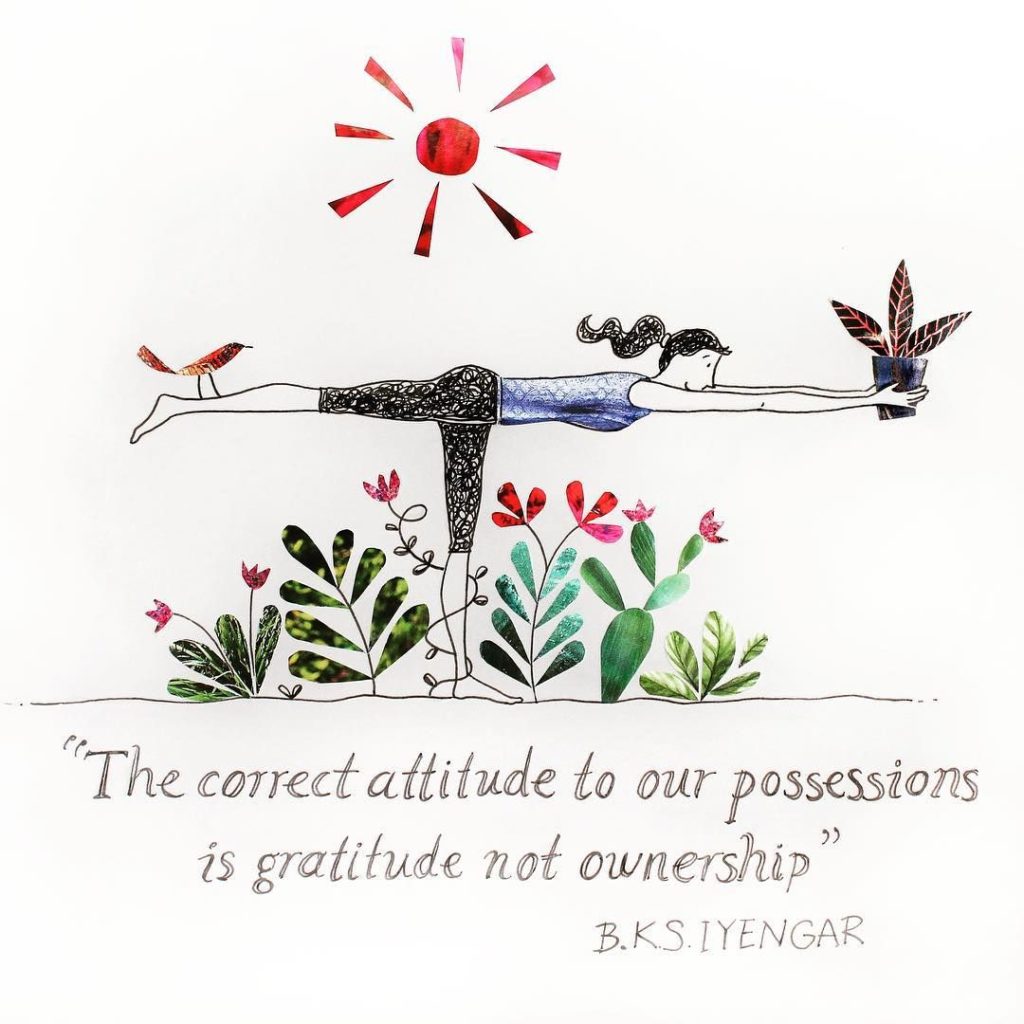
Routine for everything.
By far the most important aspect that keeps humans sane is routine. We work five days a week, eat three times a day, holiday four weeks a year, brush teeth twice a day, sleep eight hours a night, work from 8:30am to 5pm – the list goes on and on. We all thrive on a schedule and a routine. During the days of being home for 24 hours a day, schedules and routine will become paramount. Every single day will require a well thought out plan to ensure you look forward to each day. I have 3 kids and currently my partner is home schooling with the same syllabus from school. We have a schedule for each day just like they would at school, it includes exercise, meditation, fun activities, puzzles, and lots more that the kids (and us) look forward to each day.
Plan everything
Much like routine, planning gives us the peace of mind and gives us the feeling that we’re in control. Intelligent and highly effective individuals are good at careful planning to ensure higher priority tasks are worked around the smaller less important tasks. Moreover once a plan is complete, the resulting sense of relief causes stress levels to reduce. In a time of such uncertainty we don’t need apprehension about how we’re going to spend our day or even feeling underwhelmed by our lack of direction. If we know exactly what we’ll be doing each day, we will be surprised how much we’ll look forward to the tasks that you’ve planned for yourself and your family. We have a meal plan, daily plan, shopping schedules, weekend schedules, and more. As far as the Dadarkar family is concerned, the moment we wake up, there is certainty about everything.
Don’t panic
Easier said than done, but panicking is counterproductive. We actually retreat backwards being in a state of panic. No good decisions ever come out of being in an emotional state of disarray. Well, maybe some, but we would just as likely have arrived at that decision (or a better one) if we were calm. It is best to make decisions with a calm state of mind so that we have had ample time to think about the pros and cons of different options. If we make decisions during a state of panic we must anticipate a degree of regret may come about.
Call someone different each day to see how they are
Recently a friend of mine died from a brain haemorrhage; ever since then I have promised myself I will call someone different (or who I perhaps haven’t caught up with in a while) each day and ask how they are. It is sad that it takes someone to die to realise this, but I regret not calling my friend Marcus more often. Calling someone to ask how they are, lending a hand, or just listening; in turn helps our mental wellbeing, creates stronger relationships, and a sense of fulfilment. During the days at home, mark one of the tasks as calling someone you know, better yet do a video call!
Exercise every day
Our bodies are designed to move around. Given that we will be spending a lot of time at home, it is very important to schedule in time that ensures out bodies are at least at 120 beats per minute for 20 minutes per day. Raising heart rates and moving our muscles releases endorphins that improve our mood. When the cardiovascular system is pushed beyond our normal day, our body gets more energy to go through our day. When the news is all doom and gloom; exercise will put back, all that the negativity has pulled out of you during the day.
Be clean and organised
No matter how busy or scatterbrain I get, I have always aimed to have two things that are absolutely clean in my life – my bed and my work desk. As soon as I get up in the morning, I always make my bed. Seeing it made and neatly done, gives me the first fulfilment of the day. When I come home from work, no matter how tough the day was the bed makes me feel like I’ve achieved something. Same with the work desk, when I leave with a clean desk, I feel welcomed the next morning. Messy bed and a messy desk, makes me feel disorganised mentally; both tasks require one minute of my time and if I don’t even have a minute for each task, then I am definitely disorganised. Same goes for clutter in the house, which omits a feeling of chaos around it and psychologically plays a part in us being disorganised at work also. Being organised gives you a sense of control that clutter and disorganisation doesn’t.
Limit daily news
The basic purpose of news is to capture our attention and keep us engaged. So news content is always designed to impact our thinking in a single sentence. Generally this method ends up making everything sound worse than it actually is. Even during this pandemic I spend a maximum of ten minutes each day reading the news. I need a snapshot of news to find out key facts about what’s happening in my city so I can make my own decisions for and with my family. I do not need to see news from all over the world as it does not add value to how I’m currently living my life. Apart from the facts, I consider most news a form of negative energy. If I can control how much negativity my body absorbs, I choose to invest in positivity. Read more of GoodNewsNetwork.org than any other news and social media.
Gratitude
No matter how tough life gets, there are still things to be thankful for. Growing up in Mumbai in an area called Dongri, a relatively poor part – we saw several near-naked kids begging and eating out of rubbish bins every day. It made me feel grateful to have clean clothes and the means to go to school (with lunch boxes with food in them). Never once did we complain about our 75 square meter apartment with seven people in it, nor did we ever feel that we didn’t have enough. It was because we saw (every single day) – how bad it could really be. That feeling of gratefulness never made me think about things I don’t have, rather always things that we did have. No matter what you might identify as that which you are lacking right now, I promise that what you do have will see you through the tough times. Writing what we’re grateful for impacts greatly on our daily happiness.
These are testing times for every single one of us. We cannot control what the world does, but we can definitely control what we do and how we behave. These times will go down in history as one of the most challenging, it will also be one of the most life changing time for our species. Cities, railway networks, economies, planes, industries, buildings, were all built by humans and we can build them again, we just need to be together, think positive, and be creative.



